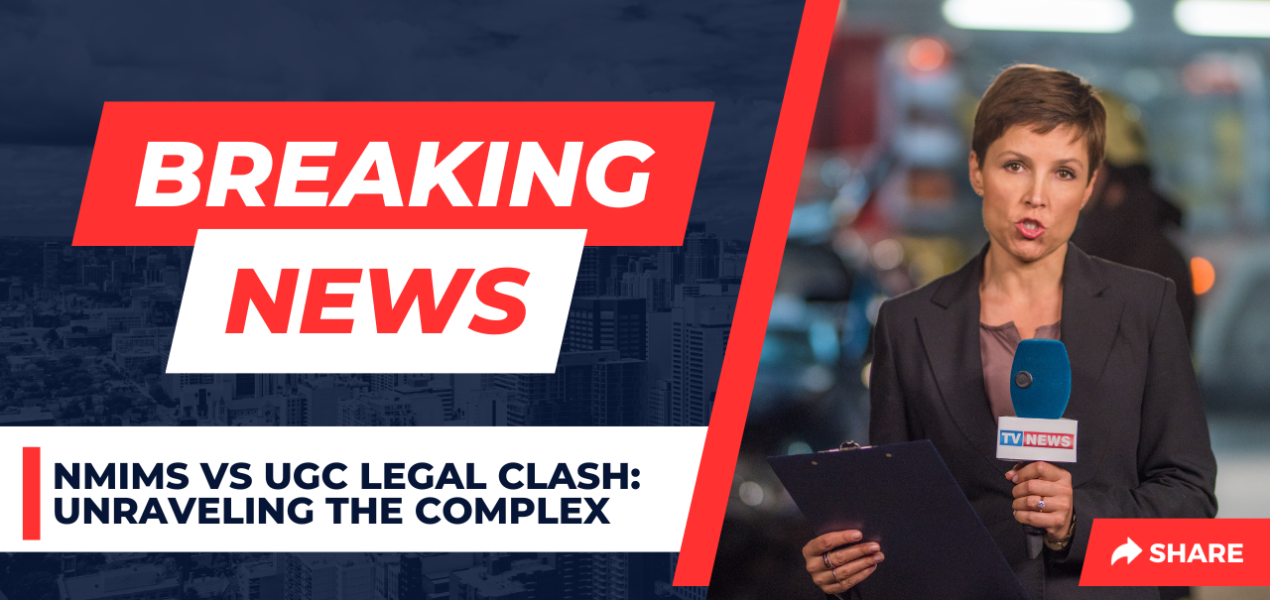
In the dynamic realm of higher education, clashes between prestigious institutions and national regulators NMIMS UGC Ban are not uncommon. The recent legal tussle between the Narsee Monjee Institute of Management Studies (NMIMS) and the University Grants Commission (UGC) has added a gripping chapter to this narrative. Established in 1981 and elevated to university status in 2003 under the Deemed to be University (DU) category, NMIMS has carved a niche for itself, securing the 51st rank among management institutions and the ninth position among private institutions in the National Institutional Ranking Framework (NIRF) 2022.
However, the plot thickens as the UGC, in a recent court affidavit, alleges that NMIMS extended its reach by establishing sub-campuses in five different locations without the necessary permissions. The clash echoes a broader UGC crackdown, exemplified by its notice to Delhi University for alleged violations in open and distance learning (ODL) courses, resulting in a three-cycle ban on admitting students.
NMIMS UGC Ban Yet, amidst the legal drama, questions arise about the transparency of the UGC’s actions. While the UGC’s stance sends a clear message on ODL regulations, the credibility hinges on a transparent process that ensures uniform application of the rules across universities. NMIMS’ decision to challenge the UGC in court suggests a potential unraveling of similar indiscretions by other institutions.
As the saga unfolds, it sheds light on the intricacies of higher education governance, leaving stakeholders and aspiring students on the edge, emphasizing the need for vigilance and scrutiny when navigating the landscape of distance learning and online courses.






